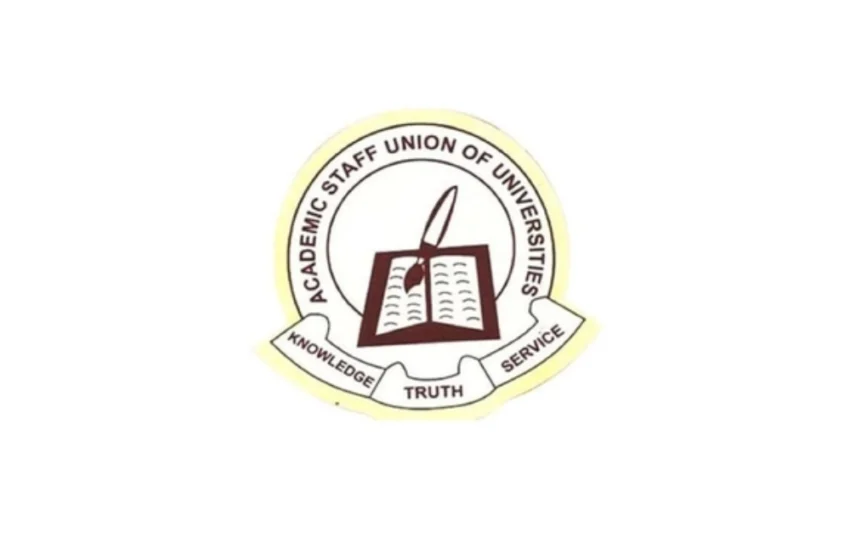ASUU to begin Nationwide strike: What you should know

ASUU orders nationwide strike
ASUU, the Academic Staff Union of Universities, has officially ordered a nationwide strike, declaring the “No Pay, No Work” policy effective immediately. The move follows a repeat delay in June 2025 salaries, which has triggered industrial action across federal universities in Nigeria. With branches like UniJos and UniAbuja already walking out, the impact of this escalating conflict between lecturers and government authorities is set to be felt nationwide.
ASUU Strike Mandated After Salary Delays
ASUU President Prof. Chris Piwuna confirmed that the union’s National Executive Council invoked the “No Pay, No Work” resolution after salaries were delayed by more than three days, a longstanding threshold enshrined in ASUU policy. The issue stems from the shift from IPPIS to GIFMIS, which lecturers say has caused delayed payments and financial hardship.
Branches at University of Jos and University of Abuja have already implemented the strike directive, suspending lectures and academic activities. ASUU insists that any federal university that has not received June salaries by the third day of the month must comply fully with the strike order.
Underlying Issues Fueling the Crisis
Prof. Piwuna criticized the nonchalant response from government entities, particularly the Office of the Accountant General, accusing them of deliberately delaying payments even though GIFMIS is functional. Across federal institutions, lecturers have experienced repeated delays, sometimes waiting a week or more to receive their due salaries.
In addition to salary delays, ASUU is demanding payment of the outstanding ₦10 billion Earned Academic Allowance (EAA), noting that only ₦40 billion of the agreed ₦50 billion has been released so far. The union warns that failure to release the remaining funds could spark extended industrial action.
Wider Impacts on Students and Universities
The strike will disrupt academic calendars, delaying classes, seminars, and exams for thousands of students across federal universities. With UniJos and UniAbuja already affected, the ripple effect could soon extend to other campuses nationwide, as ASUU branches invoke the NEC directive.
Students and parents are bracing for yet another breakdown in academic continuity, following back-to-back disruptions over previous salary and funding disputes. Stakeholders warn this could undermine Nigeria’s global competitiveness in higher education and spark wide public discontent.
Government Response and Negotiation Outlook
So far, federal agencies such as the Ministry of Education and Accountant General’s office have remained publicly silent. However, ASUU indicates that top-level engagements have occurred without resolution, prompting the strike order .
ASUU says it is ready to resume work once payments are made, but remains firm that the strike will continue until all lecturers receive both their June salaries and the outstanding EAA arrears. It appears the duration of this action depends on how quickly government authorities respond.
READ ALSO
Nigerian Presidential Jet sale: Who might buy it?
History of ASUU Strikes Signals Prolonged Conflict
This latest strike is the latest chapter in a long history of recurrent ASUU industrial actions since 1999, including major stoppages in 2009, 2013, and most recently in 2022. These disruptions typically stem from funding shortfalls, autonomy disputes, and welfare issues.
Analysts suggest the combination of structural payroll issues, unpaid allowances, and recurring government inaction may prolong this strike. Unless swift interventions occur, universities risk extended shutdowns, with serious consequences for students and the nation’s academic reputation.
This ASUU nationwide strike marks a critical flashpoint in Nigeria’s ongoing struggle to finance and prioritize higher education. The “No Pay, No Work” doctrine underscores lecturers’ frustration with persistent salary delays and financial neglect. As the clock ticks, the government’s response, or lack thereof, will determine whether campuses remain dormant or resume academic life.
For now, ASUU remains resolute: no salaries, no work. The crisis raises urgent questions about administrative oversight, the viability of GIFMIS, and the federal government’s commitment to the academic sector. All eyes are now on Abuja for a resolution that could determine the short- and long-term future of Nigeria’s university system.

